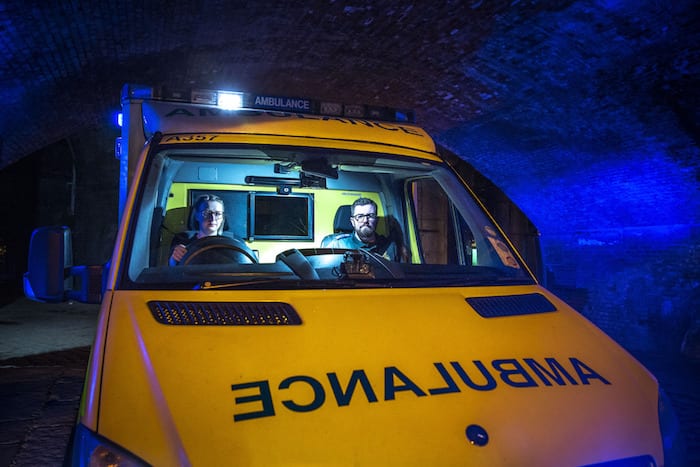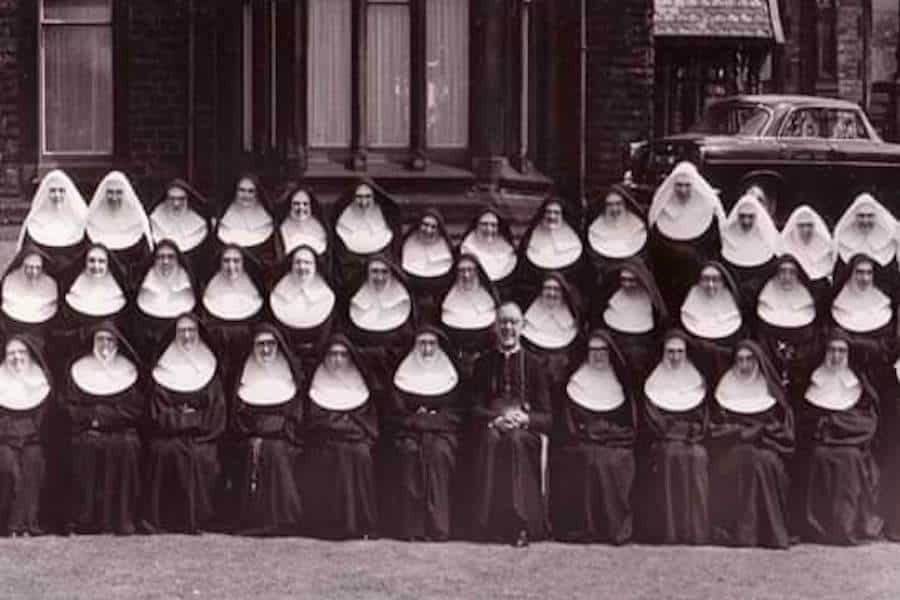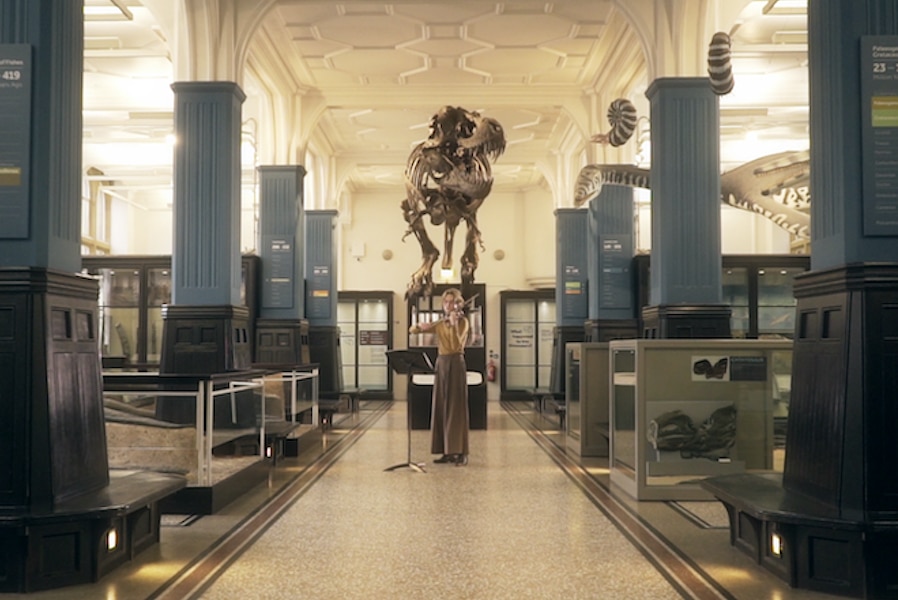Manchester ambulances will only respond to ‘immediate threats to life’ today as strike action begins
- Written by Thom Bamford
- Last updated 2 years ago
- Charity, Greater Manchester, People

There is a picket line taking place at Manchester Ambulance Station, next to the blood donor centre on Plymouth Grove today.
It is the first of two days of strike action while paramedics, emergency care assistants, call handlers and other staff will walk out again on 28 December.
A key part of the current industrial dispute relates to pay.
This year, ambulance workers are likely to see their pay fall to around 4% behind inflation.
Their average earnings after inflation have returned to a level last seen in 2010/11.
Ambulances will still be available to respond, to confirmed cases of ‘cardiac arrest’ and ‘immediate threats to life’, but they have advised in all other instances, “immediate self-conveyance or taxi conveyance will be advised.”
NWAS’ Patient Transport Service – which takes people from their homes to hospitals – will only prioritise patients attending cancer, renal and palliative care appointments.
North West Ambulance Service have asked residents to please only call 999 for life-threatening injuries or illnesses.
They Tweeted this morning: “Today we will see disruptions across our services, please only call 999 for life-threatening injuries or illnesses. If you are calling us about a mental health concern, please use the mental health crisis lines available in your area.”
These numbers are available at the bottom of this article.
There are 17,847 full-time equivalent professionally qualified ambulance staff in the NHS in England as of June 2022.
Some 16,900 of those are paramedics, and there are 25,000 ambulance support staff, such as technicians and assistant practitioners.
In the latest set of released NHS data, it was revealed that A&E waits and ambulance response times in the UK have hit the worst levels on record.
In A&E, just 68.9% of patients in England were seen within four hours in November.
This is down from 69.3% in October – which is the worst performance on record.
The GMB, Unison and Unite unions are coordinating the industrial action, calling for a pay increase for workers.
But they say this isn’t just about money – it’s also about making a stand to protect the NHS – which they say is on its last legs.
Ged Blezard, Director of Operations, said, “We have tried and tested plans to manage any disruption, including industrial action, however, it’s important to understand there will be an impact on the public.
“We want you to continue to ring 999 if you are in a life-threatening situation. However, we are advising patients, that they should consider other forms of transport if they still need to go to a hospital.
“We are maximising our own resources, using private providers and military support where appropriate and working closely with our Trade Unions to provide cover for the most serious emergencies. We are also working with our healthcare partners to maintain patient safety during these periods of industrial action.”
“Also, if you have already called 999 to request an ambulance, please only call back if your condition has worsened or to cancel the ambulance. Repeatedly calling 999 can block phone lines for other emergencies.
“If you need urgent care – use the symptom checker at NHS 111 online, which will direct you to the most appropriate support. Again, you should call on friends or relatives for transport if necessary.”
If you are calling about a mental health concern, please use the mental health crisis lines available in your area.
Here are some of the mental health services available across Manchester:
Greater Manchester (Bury, Heywood, Middleton & Rochdale, Oldham, Stockport and Tameside & Glossop – 0800 014 9995)
Greater Manchester (Bolton, Manchester, Salford, Trafford & Wigan)- 0800 953 0285
Lancashire and Cumbria – 0800 953 0110
Cheshire and Wirral – 0800 145 6485
Liverpool or Sefton- 0800 145 6570
Halton, St Helens, Warrington and Knowsley – 0800 051 1508
- This article was first published on 21 December 2022 and is subject to be updated from time to time. Please refresh or return to see the latest version.
- Last updated 2 years ago.
Did we miss something? Let us know: [email protected]
Want to be the first to receive all the latest news stories, what’s on and events from the heart of Manchester? Sign up here.
Manchester is a successful city, but there are many people that suffer. The I Love MCR Foundation helps raise vital funds to help improve the lives and prospects of people and communities across Greater Manchester – and we can’t do it without your help. So please donate or fundraise what you can because investing in your local community to help it thrive can be a massively rewarding experience. Thank you in advance!
Got a story worth sharing?
What’s the story? We are all ears when it comes to positive news and inspiring stories. You can send story ideas to [email protected]

Musical icon presented with honorary doctorate ‘contribution to music and philanthropy’

Urban sanctuaries blossom in National Trust’s Sky Gardening Challenge

Review: Tartan Tabletop at 53two is ‘an extremely enjoyable dive into the world of Dungeons & Dragons’
















